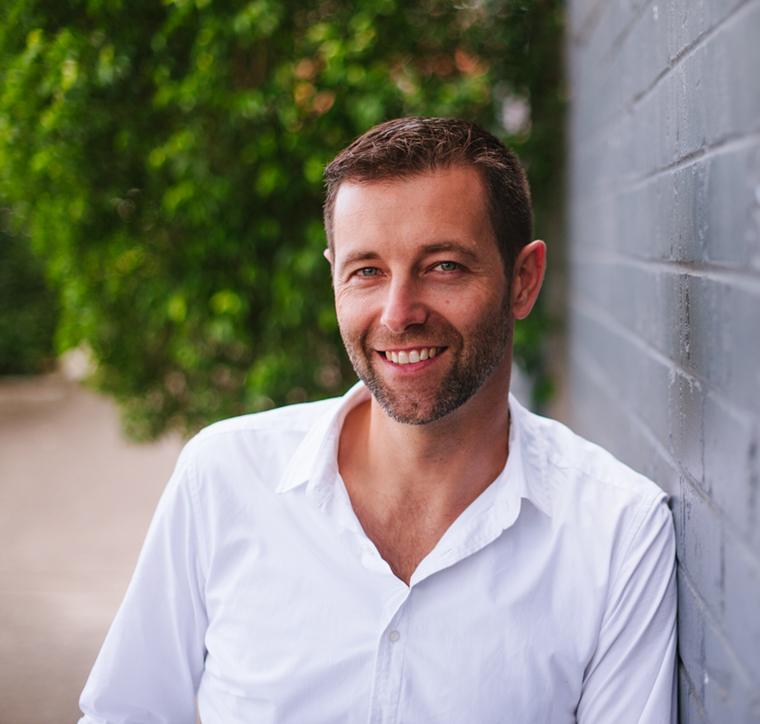Living under the influence
For a couple of weeks, I’ve talked about how our beliefs form (see A brief history of continual change and Fixed and Flexible Thinking). So how do you decide what your non-negotiable beliefs are? How do you form the doctrines and opinions of your life? Our beliefs never form in a vacuum. We are all ‘living under the influence’ of other voices. Here are three loud ones:1. Your Worldview — Spiritual or Secular
Your worldview will fundamentally shape your beliefs. A purely Secular worldview is shaped by the assertion that there is no God and the material world is the only reality. In this view, morality is shaped by reason, and people can be fulfilled in life by meeting their material needs.
A Christian worldview sees life as much more than the material. It will regard the bible as, at a minimum, instructive in many matters and prescriptive in some. It will anticipate that we can relate with God through prayer, be shaped in our values, and be guided by God in all the decisions of life.
2. Your Backgrounds and Biases
Our beliefs are fundamentally shaped, for better or worse, by our interactions with significant others in our lives. From the influence of our parents or peers, to the influence of the radio program we always listen to; we are living under the influence of other people. These people write part of our story and shape our core convictions.
Our background experiences eventually form biases in our thinking. I remember as a youngster being taught lawn bowls by my late grandmother, Ruby. I couldn’t understand why that ball kept rolling to the same corner of the green ‘til she described what a bias was. The ball is weighted on one side so that every time you roll it, it will curve the same way. Similarly, our biases cause us to lean in a direction, and gravitate toward the same conclusions, unfortunately blinkering us from the alternative view. We all have biases. Can you think what some of yours might be?
3. Your Proximity — Distant or Close, Abstract or Personal
When we are personally involved, we understand at a different level. In 1989 there was an earthquake in Newcastle. If you were in Sydney it was an odd momentary rumble, but if you were in Newcastle the experience was vastly different. For some, the ‘issue’ seems right under them and it's an intense experience, and for others the issue seems distant and almost a non-event.
A lack of personal experience creates beliefs built around the abstract, but personal experience produces another kind of truth. I’m speaking of experiences such as surviving cancer; having a son who is gay; being a refugee; losing a daughter from suicide; having a child with an addiction; living with a spouse with mental illness etc. Our opinions are always shaped by our experiences, and when we believe only from the abstract, we often dehumanize the person behind the issue and save ourselves from needing to show compassion or empathy.
And that last sentence is really what sparked much of my writing on beliefs lately. I am increasingly noticing in the Church, politics, the media (and social media) what appears to be the flourishing of lop-sided, ardent viewpoints and fierce reactions on a whole range of current issues. I’m equally disturbed by secular, Christian, Islamic, conservative and liberal voices that zealously defend their blinkered views, expressed dogmatically, thin on empathy, bereft of grace. There seems to be a collective forgetting that we are not ever really just talking about ideas, but real people who equally have a back story to their beliefs.
We do need to have firm beliefs that can be freely and clearly expressed. But for goodness sake, may we also know why we believe them and acknowledge that we are all seriously ‘under the influence.’ Perhaps we are an echo of our favourite radio shock-jock, a product of our parents or world view, or an extension of our limited experiences.
And if we have come that far as to honestly understand ourselves and the people on the other side of the issue, then our final task is to express it in a way that doesn’t forget to honour, and creates a conversation rather than shuts one down. That’s my hope anyway.
If nothing else, I’m just reminding myself here that this is how Jesus lived and I’d do well to take his lead.
What do you think? Why?















